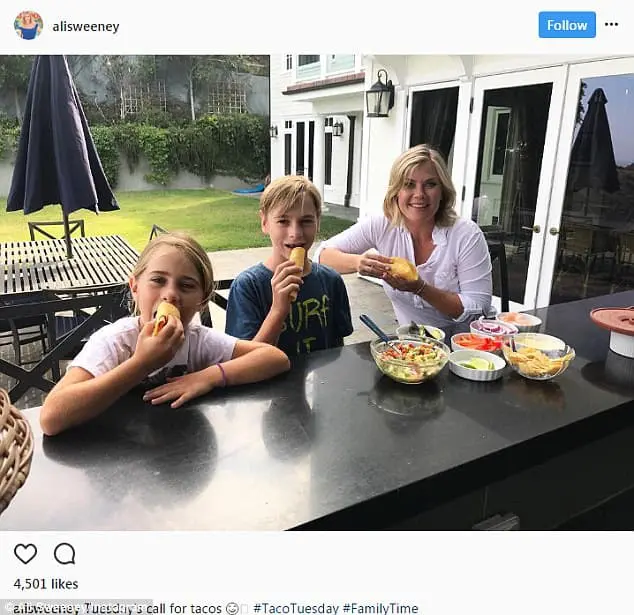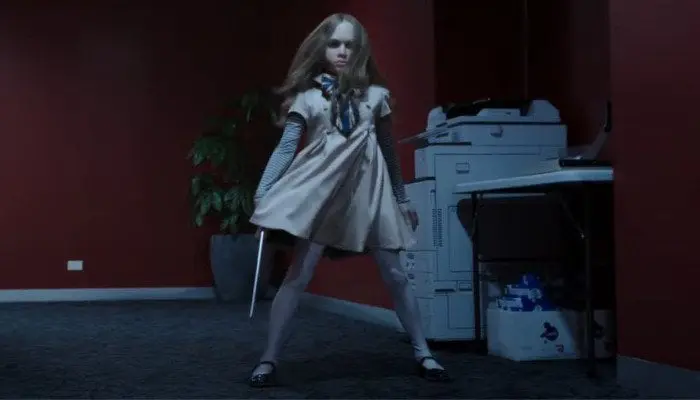The legal saga between Megan Thee Stallion and Tory Lanez continues to unfold, capturing the attention of fans and the media alike. The Los Angeles Superior Court has officially granted Megan a restraining order that will protect her from Tory Lanez until early 2030. This significant decision comes after a series of troubling allegations made by Megan against Lanez, who is currently serving a 10-year prison sentence following his conviction in connection with a shooting incident involving the rapper.
This article seeks to dissect the layers of this unfolding drama, its implications on both artists, and the cultural dynamics at play in the backdrop of the music industry.
The Context of the Restraining Order
The court ruling was the result of a hearing where Judge Richard Bloom heard arguments regarding the ongoing threat posed by Tory Lanez. Lanez has not been out of the media spotlight since his conviction; instead, he has managed to remain a contentious figure even from behind bars. During the hearing, Megan‘s legal team presented evidence suggesting that Lanez continues to harass her indirectly through third parties. This raises questions about the nature of celebrity interactions, the extent of online harassment, and the responsibility of artists to their peers.
Megan, whose career has proven to be a beacon of resilience and empowerment for many, was awarded a temporary restraining order back in November. This decision has now been solidified into a longer term arrangement. With the ex-partner of an entertaining but at times tumultuous relationship now confined to prison, the dynamics have shifted immensely. This situation exemplifies a disturbing trend where public figures face harassment that extends beyond direct contact. Artists find themselves ensnared in web-like intricacies that are oftentimes fueled by fan culture, social media dynamics, and a lack of accountability.
Moreover, the allegations by Megan state that the digital harassment through voices of others only reinforces the need for robust legal protections in such cases. Thus, the question arises: how can an individual protect their mental and emotional well-being within the vicious arena of stardom?

The Implications of Digital Harassment
In a world where digital interactions define everyday relationships, the issue of digital harassment has become alarmingly prevalent. For a rising star like Megan Thee Stallion, the repercussions of such harassment can be detrimental. Social media allows for both connections and conflicts to proliferate; thus the conversation surrounding responsibility in large spheres is more crucial than ever.
As Lanez serves out his sentence, the narrative around Megan has transformed. Where she once found herself subjected to a torrent of online attacks, she now stands as a symbol of survival and strength—granted a platform from which to speak her truth. This resonates with many individuals facing similar circumstances, encouraging them to seek help in their challenges. The weight of this court ruling extends beyond personal gain; it signals a rallying cry for those suffering in silence.
Take for example platforms such as TikTok and Instagram, which can sometimes become battlegrounds for public opinion. As users voice their perspectives, the line between support and criticism often blurs. This kind of environment can easily become toxic, which amplifies issues regarding mental health and self-image. The conversation about the impact of social media needs to extend into addressing legal protections and how platforms can do more to safeguard users.
Public Reactions and Social Responsibility
The reactions to Megan Thee Stallion’s restraining order have been mixed, reflecting the divided opinions of the public on celebrity culture. Supporters hail the judiciary’s ruling as a triumph for victims of harassment, while detractors question the relevance of the legal system in personal relationships. The examination of this case leads us to reflect on how society views personal responsibility versus public persona. It’s a classic case of heart versus law.
As celebrities, the responsibility rests heavily on them to utilize their platforms to advocate for social issues. But does that mean they are also obligated to deal with their traumatic experiences publicly? The answer is complicated. This issue particularly resonates within the female demographic of pop culture, where women continue to fight for space, equity, and safety in their industries.
Public commentary on social media, including Twitter and Facebook, has played a significant role in shaping public perception about the ongoing situation. Fans across platforms have rallied for Megan, expressing solidarity, yet others have hurled vitriol at Lanez. This reflects a broader cultural context—when the narrative shifts in such a dramatic instance, it overwhelmingly influences how artists interact with their fan bases.
Impacts on the Music Industry
The ramifications of this court ruling extend beyond personal lives; they touch the music industry in significant ways. As we delve deeper into these impacts, we might ask ourselves: how do such public disputes affect the cultural landscape? What implications might arise for upcoming artists who witness this high-profile dispute? What could they learn from it?
This situation serves as a critical lens through which young artists can understand the complexities of fame and the potential hazards that accompany public scrutiny. The cautionary tale of Megan and Lanez may echo through the corridors of studios for years to come. Artists may find themselves questioning the authenticity of their relationships and the intentions behind their collaborations, fostering a climate of apprehension within a space that thrives on trust and camaraderie.
Moreover, the pervasiveness of public opinion might create an aversion for artists to fully express themselves or engage with fans authentically for fear of backlash. The balance between artistic freedom and personal responsibility is precarious, beckoning musicians to tread carefully.

The Future of Celebrity Relationships
The turbulence that Megan and Lanez are experiencing paints an evocative picture for the future of celebrity relationships. As these dynamics shift, the question arises: how do artists navigate their lives in the digital age without compromising their safety or emotional well-being?
This case demonstrates the pressing need for a broader conversation on mental health within the music industry. As artists are constantly under the public’s microscope, the pressure can lead to mental fatigue. Many artists, including those who might not even be involved in similar legal disputes, could be subjected to the perceptions and judgments of both their peers and the public.
Furthermore, a collaborative approach among record labels, artists, and social media companies can lead to substantive change. If artists are empowered to express their needs without fear of repercussion, perhaps we can foster environments where creativity thrives free from toxicity. By evaluating existing industry practices with a critical lens, it may be possible to construct a safer space for artists at all levels.
Encouraging Open Dialogues
Encouraging communications among artists and their fan communities can prove instrumental in stifling the toxic culture that often accompanies celebrity life. Through open dialogues, both parties can share experiences and find common ground. The journey toward healing should involve not just the individuals directly impacted but also the wider community.
Public forums could serve as a great platform for discussions surrounding accountability, mental health, and willingness to foster a better environment for artists. In understanding the templates of conversations that tend to isolate or uplift individuals, the community can take steps toward ensuring safety and security.
Megan’s story has pricked the conscience of society, emphasizing the importance of support systems for artists and the necessity of consequences for perpetrators of harassment. This movement towards social responsibility can help reshape public attitudes, eventually serving as a springboard for policy changes that afford greater protections for individuals navigating public life.

Looking Ahead
As we reflect on the events leading to the extension of Megan Thee Stallion’s restraining order against Tory Lanez, one must ponder the lessons learned from this ongoing saga. Navigating fame while maintaining authenticity and safety can feel like an insurmountable task for many artists. By examining the nuances of celebrity discourse, we approach a better understanding of how public scrutiny and personal experiences intertwine.
As fans of both Megan and Lanez, we find ourselves challenged to evolve the conversations surrounding celebrity. The culture of cancelation and vicious cycles of public opinion often overshadow constructive discourse, calling for an overhaul of the way communities interact. In recognizing the shared humanity of artists and their necessity for emotional wellness, we contribute toward fostering healing.
Ultimately, the continuation of this story is intertwined with various threads—legal battles, personal triumphs, and evolving cultural dialogues. As these narratives unfold, they pave the way for future discussions about safety, accountability, and support systems that are crucial in the entertainment realm and beyond.
I’m Mikael, a 35-year-old Gossip Gravity Creator. I’m passionate about curating captivating content that sparks conversations and ignites curiosity. Join me on this exciting journey as we explore the fascinating world of gossip and trends together!



